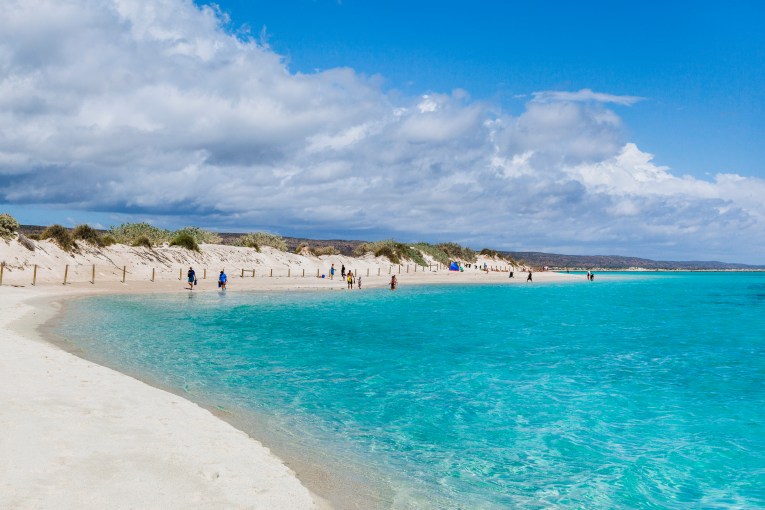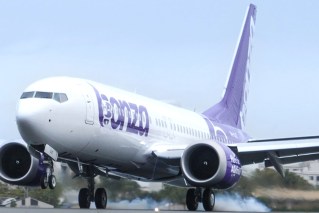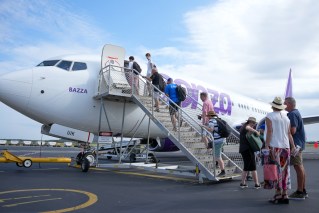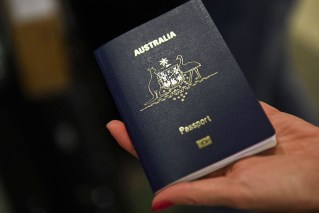‘We can never beat them’: How Expedia and Wotif are strangling hotels

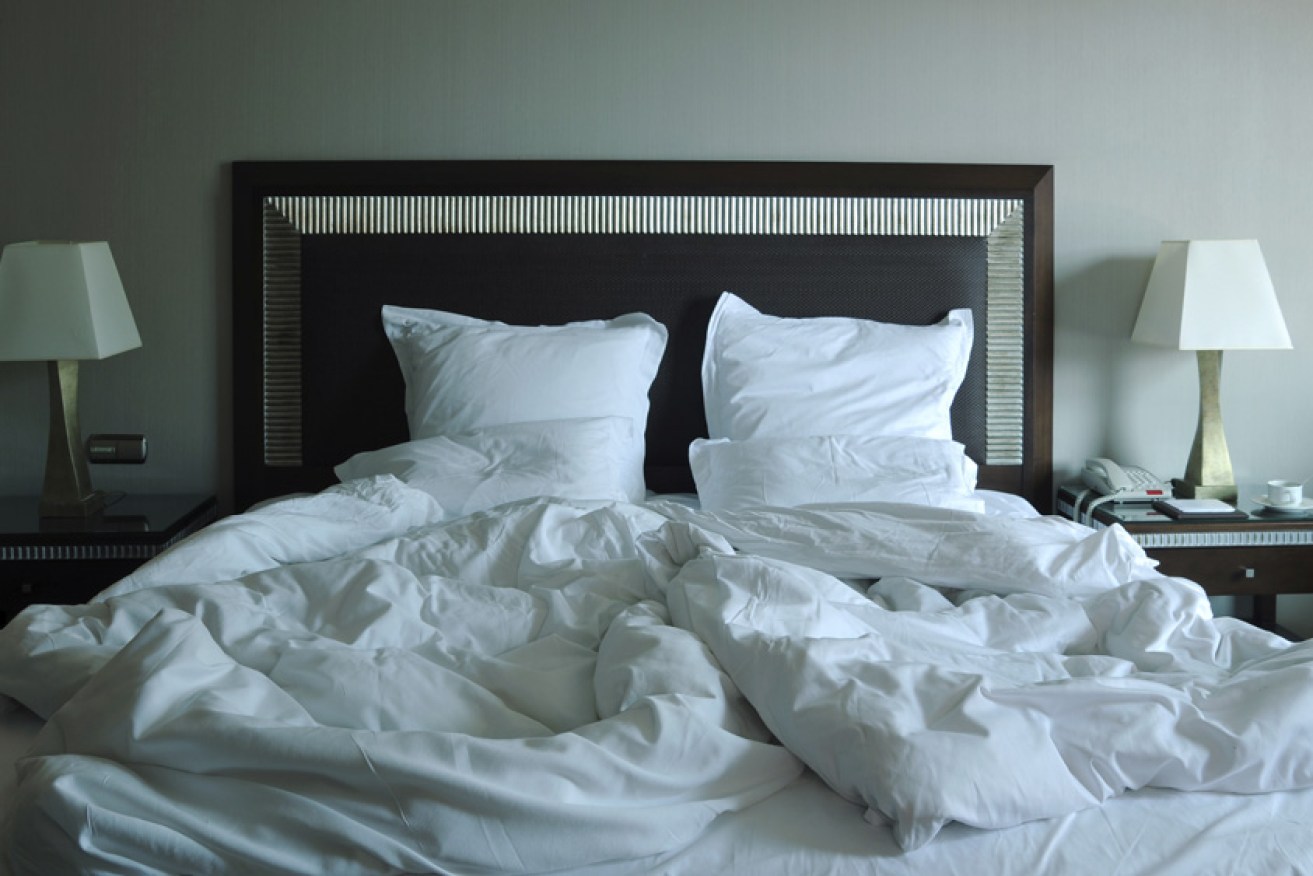
Industry insiders say online booking sites have an unfair upper hand over hoteliers. Photo: TND
All-in-one accommodation booking websites such as Expedia and Wotif tout themselves as providing the “cheapest deals” to Australian travellers, but industry insiders say the sites are ripping off consumers and businesses.
It’s a model that’s proved popular – two out of three hotel bookings in Australia stem from foreign-owned online travel sites. What travellers don’t see, insiders claim, is the 30 per cent booking and commission fee the sites charge hoteliers.
Hoteliers further say they lose about half of their business if they don’t sign up to such agencies, which sink millions of dollars into marketing to ensure their websites are the top hits in Google searches for accommodation.
They’re further hamstrung by tight contract conditions that prevent them from offering special deals directly to customers.
Industry experts are now urging consumers to cut out the middleman – the websites – and book directly with hotels, saying it’s a better outcome for both parties.

Industry insiders say sites like Expedia are ripping off consumers and hotels. Photo: Getty
Cone of silence
Hoteliers are reluctant to speak out about their dealings with bookings sites in case it damages their relationship and, ultimately, their bottom line.
An Australian hotel executive working for one of the world’s most widely recognised hotel brands spoke to The New Daily on the condition of anonymity.
“We have to work with them because they are so dominant on Google,” he said.
“They have huge marketing budgets they use to bid against us for our own brand name on Google paid searches. A single hotel, even a big one like mine, we can never beat them on price.”
The executive said hotels benefit more when guests simply use the sites as a research tool, and then book directly with their chosen accommodation. But even that comes at a cost – hotels have to pay to appear on those lists.
“Our contract with them also states we can’t offer guests a cheaper price over the phone,” the executive said.
“They could hire a mystery guest to ring us up and check. If they were to catch us doing that, we could have a serious problem.”
Nathan Darks is the sales manager at Saffire Freycinet in Tasmania, one of the country’s most awarded luxury hotels.
Mr Darks said it was not a case of hotels being undermined by online booking agencies, but a case of learning to work together.
“Consumers do not necessarily shop from 9am to 5pm in 2019,” he told The New Daily.
“You have to be where they are, which is why online travel agencies are an important part of our distribution mix … But naturally we’d prefer people to book directly with us.”

Saffire Freycinet has found a way to work with the sites. Photo: Saffire Freycinet
Revenue manager for Melbourne’s Punthill Apartment Hotels Abdul Rahim said while the sites gave hotels more exposure to more customers, it came at a “sizeable cost”.
Last year, entrepreneur Dick Smith posted a YouTube clip that urged Australians to boycott online travel agencies.
“It’s a giant con, it sucks like leeches hundreds of millions out of Australian family businesses by sending them to these sites owned by two millionaires in the US,” Mr Smith told 2GB radio at the time.
“Hotels tell me if they don’t sign up for these sites they lose 50 per cent of their business and if you lose 50 per cent of your business you go broke.
“Don’t fall for it. Ring up the hotels or book through their websites. You’ll get a better deal.”
How the Olympics sparked the boom
In the two years preceding the 2000 Sydney Olympic Games, about 7500 new hotel rooms were built to cater for the associated influx of visitors. In context, 3000 rooms were built between 2000 and 2016.
After the sporting masses left the city, the newly built accommodation businesses were left wanting.
Hotel consultant Peter Hook traced the boom of online travel agencies back to March 2001, when the post-Olympic slowdown was really beginning to sting.
Then an executive with Accor hotels, Mr Hook met with tech entrepreneur Graeme Wood. It was then that Mr Wood pitched Wotif.com, a way to help businesses like Accor sell their vacant hotel rooms.
“I loved the idea,” Mr Hook said.
“The rooms weren’t selling and given that an empty room doesn’t generate any revenue but still attracts costs, it was a no-brainer for me.”
Mr Hook said to begin with, Wotif was charging a 10 per cent commission, which was less than the cost of in-house marketing campaigns.
In 2015, Expedia bought Wotif for $703 million, which saw commissions jump to 15 per cent.
The online booking industry is now controlled by two global powerhouses: Expedia and Booking Holdings, which owns Agoda.
A pay parity clause was introduced, which prevented businesses that had signed up to the online agencies from advertising cheaper prices on their own websites.
Recently, several European countries banned the clause, and Labor has pledged to do the same in Australia, if it forms government at the May election.
The online travel agencies were contacted for comment.
